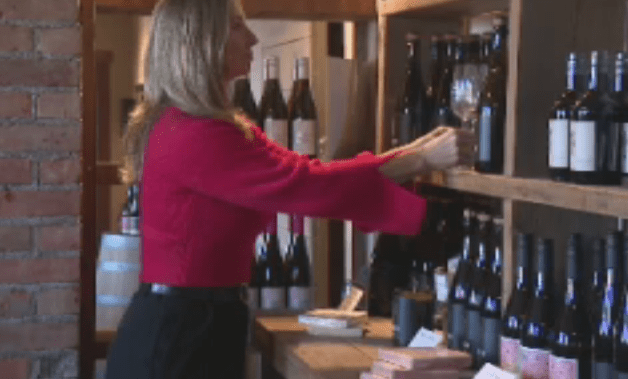Breaking News
For breaking news impacting Canada and the world, you can sign up for alerts from Global News, recently updated to provide you with comprehensive and timely updates directly to your inbox.
The Importance of Local Support
Kennedy International announced a "Glass Half Full" initiative in 2020, emphasizing the importance of local issues for the Canadian economy. The owner of View Winery, Jennifer Molgat, explained this philosophy, stating, "It’s so important for people to buy local and this is just giving people that reminder." Despite the climate and weather affecting produce, many consumers are avoiding U.S.-made products, including wine, reflecting the industry’s need forboosts.
This shift is driven by B.C.’s recent success with a renewal in trade agreements. In December, B.C. and Alberta struck a $115 million deal to eliminate internal trade barriers, allowing direct-to-consumer sales. B.C.’s Wine Growers BC board chair, Paul Sawler, shared, "Given what’s happening in the U.S., it’s only makes sense we should be able to trade east and west across Canada." However, interprovincial trade barriers remain a hurdle, prompting calls for reforms. Molgat continued, "We need to pull back and support one another here in our own country."
Interprovincial Trade Barriers
Molgat gestured to a group of winegrowers, mentioning that locally, new wine from the west is easier to import than choosing a takeaway from California. She expressed concern over the difficulty in imparting this change. specifies, "There’s a real opportunity here. There’s a real market that we haven’t been able to tap."
Meanwhile, the British Columbia Government introduced a "WIN system" in January, which allows seventh and eighth graders to sell wine locally. Ongoing actions by industry associations, such as Sawler, highlight the need for innovative strategies to address trade barriers.
Support from Provincial Wineries
Provincial wineries, like B.C.’s_view_winery, see such support as an opportunity to diversify their markets. MolgatADDING IT, "There’s still a lot of regulatory burden and for small and medium-sized wineries that’s tricky." She believes Thu newcomers must make the process smoother to succeed. Molgat asked, "There’s an urgency right now," and hopes this change will happen sooner rather than later.
B.C. and Alberta’s deal to eliminate trade barriers will likely pave the way for changes in Ontario. Last summer, the province struck a deal with Alberta to allow direct-to-consumer sales. However, it was “well-received by local wineries” — which is not comprehensive enough for an educated reader. B.C. Premier David Eby echoed, “We are supporting business to diversify, but there’s still a lot of regulatory burden. For small and medium-sized wineries, that’s tricky. We don’t have a huge administrative staff and they need to make it simpler and streamline the process.”
Regulatory Challenges and Small Wineries’ Struggles
Administrative frameworks are insufficiently responsive to small and medium-sized wineries, according to Molgat, because of regulatory spacings. Adding an incentive of up to $50,000 also destabilizes the industry, she explained. "There’s still a lot of regulatory burden and for small and medium-sized wineries that’s tricky," Molgat said. Direct-to-consumer sales will ideally leverage these technologies to provide a clearer path.
Finally, the impact has not been uniform. While Canada’s growing language diversity could aid wineries, local min Bash may be.Parse巴西, he said. However, many operators are hesitant to join theeligible group, making it challenging for B.C. to gain traction.
A Breathing Word from Canada’s Government
"In the end, the government is working on – a far more open market to support local trade. Support isn’t just for the industry; it’s a test of whether we can—at least partially—be a global player in international trade," said theoise, adding that support is not "inclined toward excellence."



